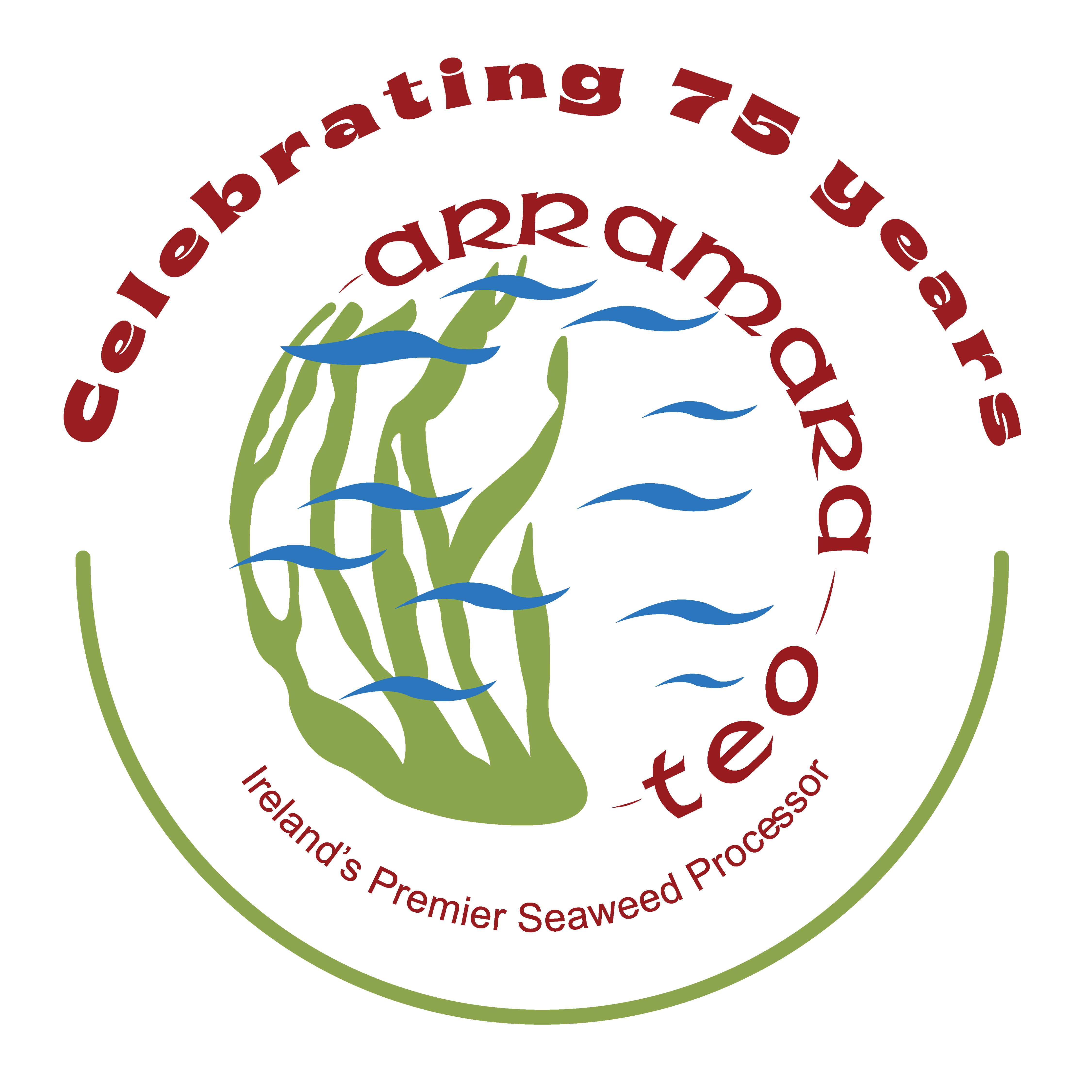A healthy horse is not measured on bone strength alone. Any equestrian specialist will tell you these majestic and powerful animals need a delicate balance of macro and micro-nutrients. The right supplement can improve the forage and feed horses eat without overdoing any aspect of their nutrition. The challenge is finding the right mixture for your animals.
When it comes to thyroid and gut health, choosing a supplement made from Ascophyllum nodosum might be the perfect fit. Here’s what Irish farmers need to know before adding seaweed for horses to their nutritional regimen.
Fixing Iodine Deficiencies for Horses
Iodine is a tricky nutrient for horses. Too much or too little can result in an enlarged thyroid, making it difficult for only the most skilled equine veterinarians to take care of the problem quickly. Horses suffering from iodine deficiency can reach healthy levels by consuming iodine from brown seaweed.
Ascophyllum nodosum, found in the coastal waters of Ireland, offer a range of .48 mg/g to .71 mg/g of iodine in their organic matter, varying in amount from one frond to the next. Horses with iodine deficiency can quickly recuperate with a right seaweed supplement. In fact, the average 500 kg adult horse only requires about 3.5 mg a day of the trace-mineral. A little bit goes a long way when you feed your horses products like our Titan® for Animals.
Strengthening a Horse’s GI Tract
Like most mammals, gastrointestinal (GI) tract health plays a central part in a horse’s wellbeing. A range of microorganisms call the tissue from the horse’s foregut to hindgut home, many of them aiding in the digestion process or reducing the growing space available for harmful bacteria. However, these beneficial microorganisms need a steady source of prebiotics to flourish in adequate numbers for both the above purposes.
Brown seaweed contains polysaccharides such as fucoidan, prebiotic food which gut microbes love, that also end up enhancing their overall performance. Given the right amount of this type of nutritional supplement, horses can digest more of the bioavailable minerals found in feed and forages. Moreover, harmful microorganisms face greater competition when beneficial ones are getting all they need to eat.
Finding the Right Balance
As always, we advise horse breeders and owners to take caution when it comes to finding the right amount of iodine to provide their animals. Consulting with a vet or equine nutritionist can ensure your horses receive the exact amount of this key trace-element without risking iodine toxicity.
When you do find the right balance in your horses’ diets, if it includes seaweed for horses, you’ll see a difference in the performance and fortitude of your animals. And even though the steed does not retain its speed forever, your animals will stay stronger for longer.
Want to see if seaweed for horses is right for your equines? Check out our Titan® for Animals products to find the ideal supplements for your animals.
Learn about Titan® for Animals
Related Articles
Can Sheep Eat Seaweed? Here’s How It Improves Their Health and Wool Production
How Kelp Meal for Chickens Produces Stunning & Nutritious Eggs
Why You Need the Polysaccharides from Seaweed in Your Animal Feed
